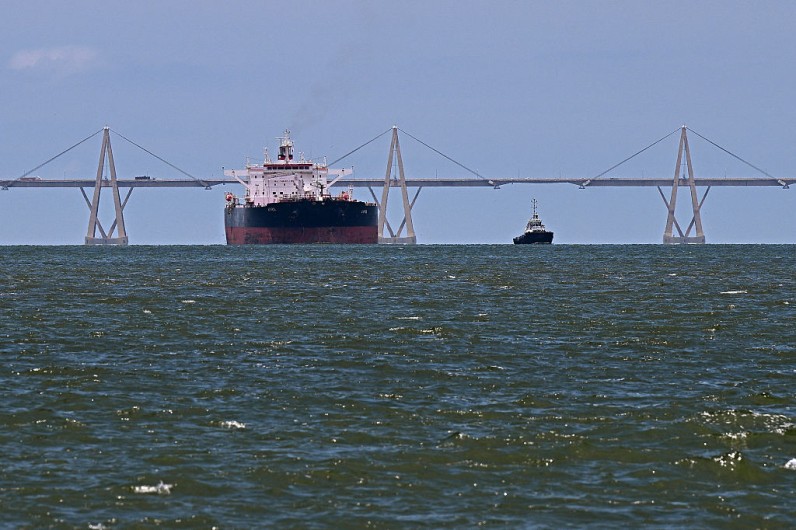
Oil prices jumped over the weekend after the US carried out unexpected airstrikes on nuclear sites in Iran, adding to concerns about rising tensions in the Middle East.
The attacks hit important locations in Fordo, Natanz, and Isfahan, and the news quickly caught the attention of markets around the world.
By Sunday evening, US crude oil rose $1.76, or 2.38%, to $75.60 per barrel. Brent crude, the international benchmark, climbed $1.80, or 2.34%, to $78.81 per barrel.
Earlier in the session, Brent had surged more than 5% to break $81 before settling lower, Republic said.
President Donald Trump's announcement marked a major shift in US involvement in the Iran-Israel conflict.
Iran's foreign minister responded by saying the country reserves "all options" to defend itself. Analysts say further action from Iran could push oil prices even higher.
A major concern now is that Iran might try to shut down the Strait of Hormuz—a vital waterway where nearly 20 million barrels of oil flow daily, making up about 20% of the world's supply.
While some Iranian lawmakers back the idea, any move would ultimately need approval from the country's national security council.
🚨
— The Tradesman (@The_Tradesman1) June 23, 2025
The United States launched airstrikes on three Iranian nuclear facilities over the weekend, joining Israel in its ongoing conflict with Iran. This development caused West Texas Intermediate (WTI) crude oil prices to rise over 2% to approximately $75.9 per barrel on Monday,… pic.twitter.com/2XmgV2SXR0
US Urges China to Deter Iran Amid Oil Export Threats
US Secretary of State Marco Rubio called the potential move "economic suicide" for Iran, noting the country's own exports rely on that same waterway.
"We retain options to deal with that," Rubio said, warning that such a step would cause global disruption.
According to CNBC, Iran currently produces 3.3 million barrels of oil per day and exports around 1.84 million, mostly to China.
Rubio urged Beijing to use its influence to stop Iran from escalating further, since about half of China's oil imports travel through the Persian Gulf.
The military tension is also raising concerns about stability in the region. In Iraq, militias with ties to Iran have made threats against US interests, and Iran's Revolutionary Guard warned that US bases in the region are vulnerable.
Saudi Arabia, the world's largest oil exporter, expressed "deep concern" about the attacks and emphasized the importance of avoiding further escalation.
The International Energy Agency said it is monitoring the situation and is prepared to act if needed, pointing to 1.2 billion barrels of emergency reserves.







Join the Conversation